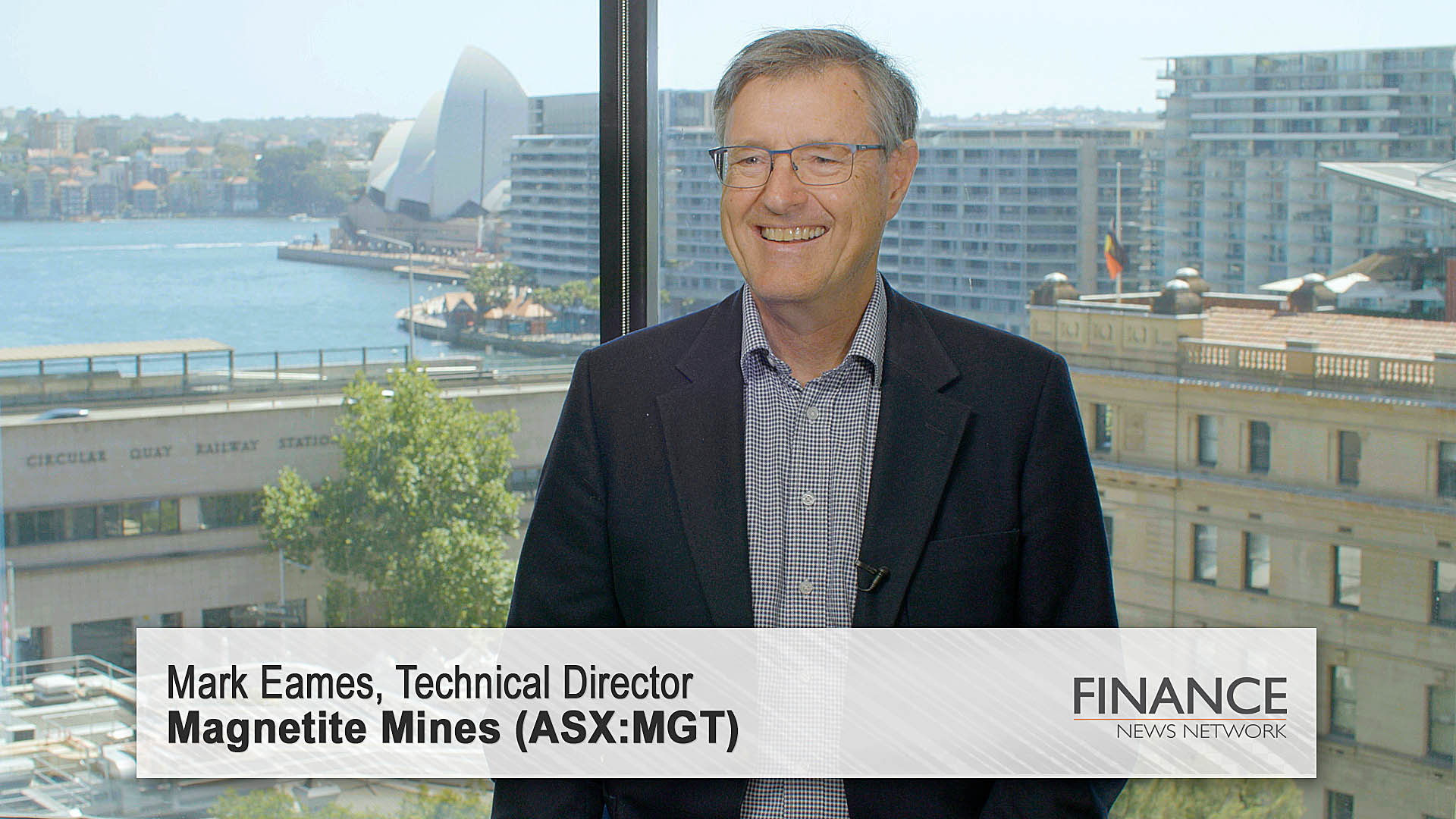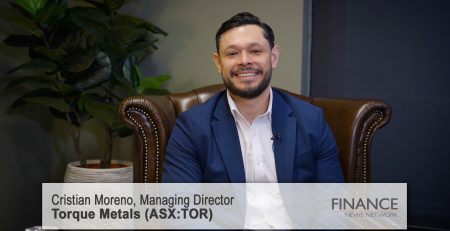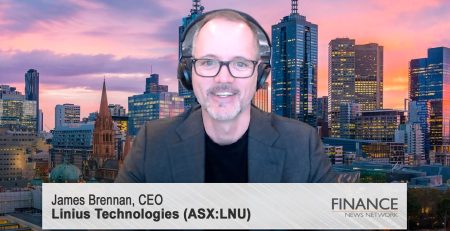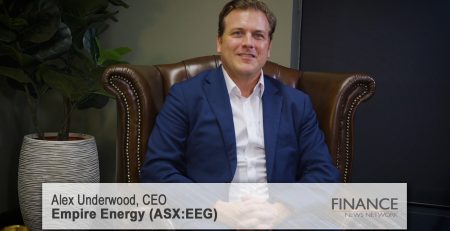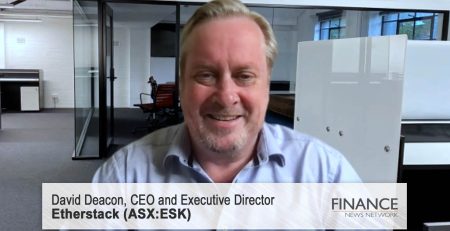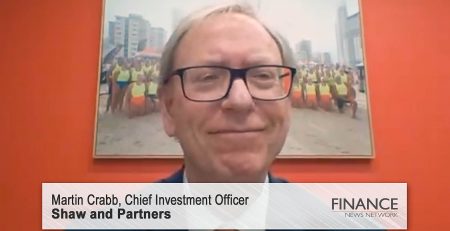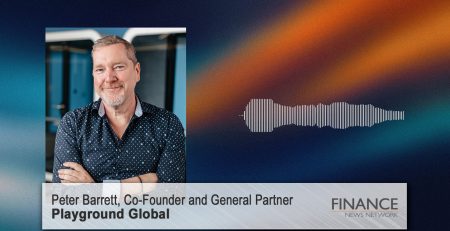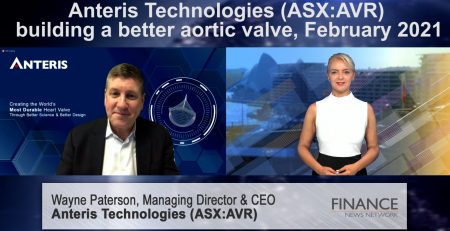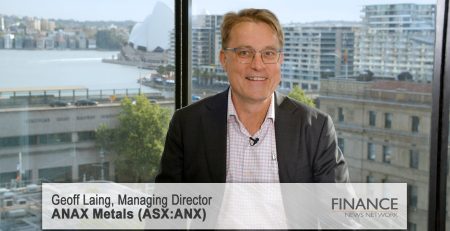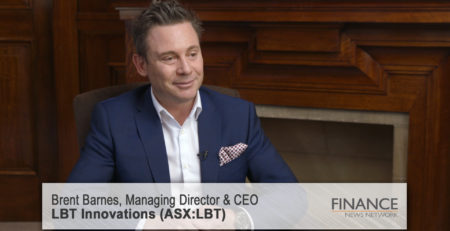Magnetite Mines (ASX:MGT) – developing high-grade iron ore for low-emission steel
Magnetite Mines Limited (ASX:MGT) Technical Director Mark Eames discusses the global move towards low-emission steel and the implications for Australia's iron ore exports.
Lauren Evans: Hi. This is Lauren Evans for the Finance News Network. Today, I'm joined by Technical Director from Magnetite Mines (ASX:MGT) Mark Eames. Mark, it's nice to see you again, and this time in person.
Mark Eames: Yes, it's a pleasure, Lauren. Thank you.
Lauren Evans: Last month, you introduced Magnetite Mines to our viewers. For those new to the company, could you provide a quick recap?
Mark Eames: So, Magnetite Mines is aiming to become a producer of high-grade iron ore concentrate from our very large resources in South Australia, located about 240 kilometres from Adelaide. We're currently at the definitive feasibility study stage and looking to reach a decision to mine at the end of 2022.
Lauren Evans: You recently released a white paper about high-grade iron ore and steel production. Could you tell us more about this?
Mark Eames: The recent Glasgow Climate Conference, there was a commitment to phase out coal for power generation, and that's significant for iron ore because, as many people know, iron ore depends on coking coal currently to be smelted into iron and therefore steel. So, essentially, Australia's iron ore exports depend in large part on the availability and emissions from coal, currently, to be able to make steel. In a world where we need to start thinking about shifting away from emissions, and the global steel industry emits about 7 per cent of global CO2 emissions, then we need to think about how we're going to actually shift to low-emission steel, and that's got significant implications for Australia.
Lauren Evans: So, I believe the average grade of iron ore in Australia is around 60 per cent. And this is below the industry's benchmark of 62 per cent. Is that correct? And what sort of pressure from Australia's customers has there been about the quality of iron ore?
Mark Eames: So, this is a particular challenge for Australia. So, we mine a type of ore body called direct shipping ore bodies, most commonly, which are essentially dug up and with relatively limited processing put on a ship and sail for the customer. And so the ore quality in the ground determines the ore quality on the vessel. And we've ended up as a producer of relatively low-grade products as a result of that process. So we, as you say, export an average of about 60 per cent. We have quite a number of grades that ship at well below that. And the challenge for Australia is that we need to move to low emission steel, we need much higher-grade ores, not lower-grade ores.
Lauren Evans: So why can't Pilbara producers simply just upgrade their ore?
Mark Eames: There's a whole range of technical reasons that make that quite challenging. So, firstly, the ore bodies themselves are not particularly amenable to upgrading. So, there's a range of reasons for that in terms of porosity and minerality, and the way in which the ore bodies are being laid down. And then the other part of it is the infrastructure surrounding them. Generally, processed ores, to be successful, require low-cost power and infrastructure to be able to be economic. And so the challenge for the Pilbara is you've got both a relatively remote region with limited infrastructure and you've got some ore bodies that really don't naturally suit themselves to upgrading.
Lauren Evans: And what sort of efforts have there been to address this issue?
Mark Eames: We've seen some efforts by individual producers. So, for example, Fortescue is developing its Iron Bridge Project. BHP has brought on South Flank, which is a higher grade. So, we're definitely seeing some efforts to improve the grade overall, but they're really at the margin. They're not going to make a huge difference. So, what we really need for Australia to continue to be a significant supplier is for us to actually develop a new generation of ore bodies that are well suited to processing and produce higher-grade products.
Lauren Evans: And what can governments do to address this issue?
Mark Eames: So, the first thing is that low-cost power is a key element, and so energy reforms and the move towards more renewable energies is a key development. Secondly, these new operations will rely on infrastructure access, so ensuring continued access to infrastructure is very important. And lastly, in terms of fiscal and taxation measures, there are governments in Australia which have in the past supported processed ores, and this is an area where the governments can certainly assist the processed ore producers in overcoming some of the natural hurdles in terms of developing the resources.
Lauren Evans: And how well is Magnetite Mines placed to take advantage of customer demand for cleaner ore?
Mark Eames: We believe we're well placed. So, our ore bodies are large and readily upgrade into a higher-grade product. So, our product will end up being around 68 per cent FE, which will be one of the highest grades traded out of Australia. We've got available infrastructure. We have low-cost, sustainable power in South Australia. So, we have a lot of the advantages that we think are required to succeed as the industry shifts towards this new generation of ore bodies.
Lauren Evans: Thanks, Mark. Now, before we wrap up, is there anything else that you'd like to add?
Mark Eames: I think just to reinforce that this is a major challenge for Australia. Iron ore is a major export commodity and to support Australia's economy into the future and, of course, to contribute to low emissions worldwide we need to actually make major efforts to actually pivot and start to develop higher-grade iron ore products to produce low-emission steel.
Lauren Evans: Well, Mark Eames, thanks for coming in to speak to us. All the best for the festive season, and I look forward to the next update.
Mark Eames: Thank you. Merry Christmas to you too, Lauren.
Ends
Copyright 2021 – Finance News Network
Source: Finance News Network

